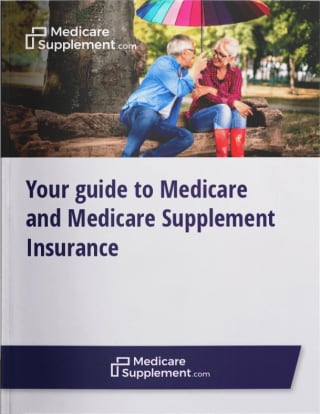Auto Insurance and Homeowners Insurance Plans
You probably won’t need to change much about your auto and homeowners insurance in retirement, but you might want to take a look at your liability coverage. You do not want to end up liable for an accident and be forced to pay large sums to cover the damage.
Look at your finances and make sure that your resources correspond to your current liability coverage.
Once you are retired, you also might be entitled to certain discounts on your insurance. Check with your auto insurance company to see if they offer any discount programs to retirees for things such as low annual miles driven or for completing safe driving courses.
If you decide to purchase a second home, you may be able to get a discounted premium on homeowners insurance if you buy it from the same company.
Medicare Supplement Insurance (Medigap)
Original Medicare (Medicare Part A and Part B) leaves some coverage gaps that could end up causing you to pay some medical expenses out-of-pocket.
Medicare Supplement Insurance, also known as Medigap, is sold by private insurance companies and helps pay for Medicare’s copayments, coinsurance and deductibles, as well as some other out-of-pocket costs.
Some Medigap plans also include additional benefits, such as foreign travel emergency coverage.
-
Depending on your projected health care needs in retirement, you may want to consider also buying a Medigap plan when you sign up for Medicare at age 65.
Original Medicare covers a lot of health care expenses, but your bill can still add up quickly, especially if you have or develop long-term health issues.
-
Keep in mind that if you do not purchase a Medigap plan during your Medigap open enrollment period, you could end up being denied a policy or paying more for your plan than other people in your area.
-
Your Medigap open enrollment period begins the month you are both 65 and enrolled in Medicare Part B. At this time, you have a guaranteed issue right that says insurance providers cannot use your medical history to decide what to charge you for a policy.
-
There are 10 standardized Medigap plans to choose from in most states, and each type of plan offers the same basic benefits regardless of where it is sold. The price of a plan can vary based on age, location, insurance provider and other factors.




